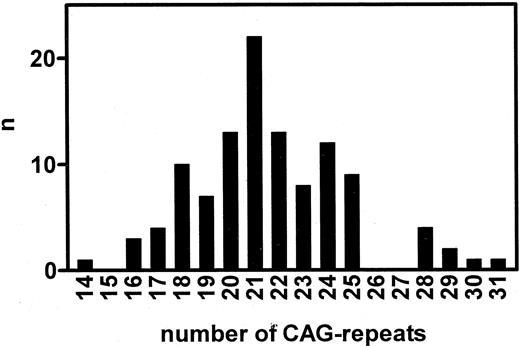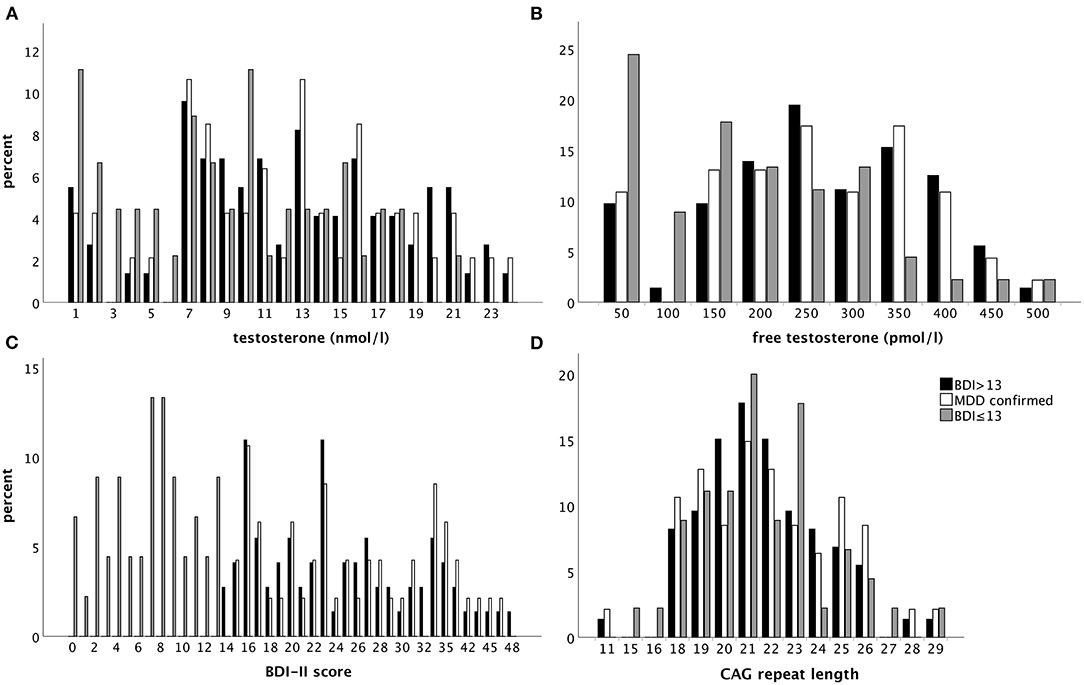Deleted member 43589
Well-Known Member
Men’s Sexual Health: why it matters, what can go wrong, and how to fix it
Mohit Khera interviewed by Peter Attia MDMohit Khera, M.D., M.B.A., M.P.H., Professor, is the Director of the Laboratory for Andrology Research at McNair Medical Institute, Baylor College of Medicine. He is also the Medical Director of the Executive Health Program at Baylor. Dr. Khera is a Board-certified urologist. As you will notice on Dr. Khera's web page, he has collaborated with Dr. Lipshultz here in Houston on research projects. Both of them are at Baylor College of Medicine in the medical center.

Dr. Mohit Khera Expert Urology Specialist
Dr. Mohit Khera is a leading Urology Specialist treating urinary tract disorders, male infertility, and sexual dysfunction. Schedule an appointment today with a world-class doctor.
 www.drmohitkhera.com
www.drmohitkhera.com
Very interesting video covering a wide range of men's sexual issues. About 2:08:00 he discusses testosterone replacement. He also says that giving 200 mgs IM every two weeks is the worst thing you can do because this causes a high rate of erythrocytosis. Then he discusses a better option of going twice a week. Later on Dr. Khera discusses what Dr. Crisler claimed back in the early 2000's that each of us should be treated individually because of the difference in androgen receptor sensitivity and that should be tested (2:11;00). He also mentions how blood ranges mean very little because of individuality. This completely explains why I was able to compete at a world class level with very minimal doses of testosterone than others.
Last edited:


















